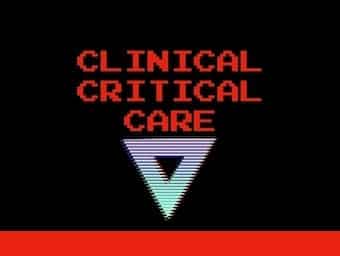
Charles Aaron
Charles Dettie Aaron (1866 – 1951) was an American gastroenterologist. Eponym: Aaron sign (1913) in chronic appendicitis

Charles Dettie Aaron (1866 – 1951) was an American gastroenterologist. Eponym: Aaron sign (1913) in chronic appendicitis

Cardiac arrest physiology is an emerging field of research that may allow us to better understand why clinical trials of cardiac arrest have been so frustrating

Variceal bleeds can lead to terrifyingly messy resuscitations; this talk reviews tricks and tips for rescuing your patient from massive GI bleeding disasters.

Thomas Fitz-Hugh, Jr (1894 – 1963) was an American Surgeon eponymously affiliated with Fitz-Hugh Curtis syndrome (1930, 1934)

Richard Clarke Cabot (1868-1939) American physician - clinical haematology; pioneering approach to social work; Cabot-Locke murmur (1903)

Ismar Isidor Boas (1858 - 1938) was a German gastroenterologist. Boas sign and Boas point (1894) Boas algesimeter (1891)

Jens Einar Meulengracht (1887 - 1976) was a Danish physician. Meulengracht ikterus index; Meulengracht diet; Gilbert syndrome

Portal vein thrombosis: thrombus formation in the portal vein +/- tributaries (superior mesenteric vein, IMV and splenic vein)

Spontaneous Bacterial Peritonitis: often occurs in patients with severe hepatic dysfunction -> should lead to transplantation consideration if appropriate

Portal Hypertension = increased resistance to flow through liver -> shunted around the other collateral vascular beds; the most common complication of cirrhotic liver disease

Hepatic veno-occlusive disease aka sinusoidal obstruction syndrome (SOS) important complication of stem cell transplantation (SCT) mortality >30%

Acute or ascending cholangitis is a potentially life-threatening systemic infection resulting from inflammation and infection of the biliary tree due to bacterial growth in the bile, usually in the context of biliary obstruction